Question And Answer
Publications
Articles, publications, books, tools and multimedia features from the U.S. Institute of Peace provide the latest news, analysis, research findings, practitioner guides and reports, all related to the conflict zones and issues that are at the center of the Institute’s work to prevent and reduce violent conflict.
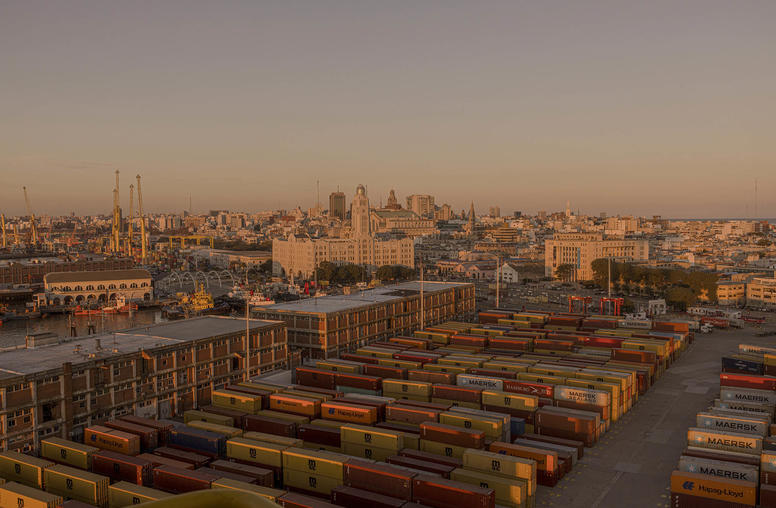
¿Cómo deberían responder los Estados Unidos a la influencia China en América Latina?
El 21 de agosto, el Parlamento Centroamericano – organismo regional regional que representa a Guatemala, El Salvador, Honduras, Nicaragua, la República Dominicana y Panamá – votó a favor de expulsar a Taiwán como observador permanente y sustituirlo por la República Popular China (RPC).
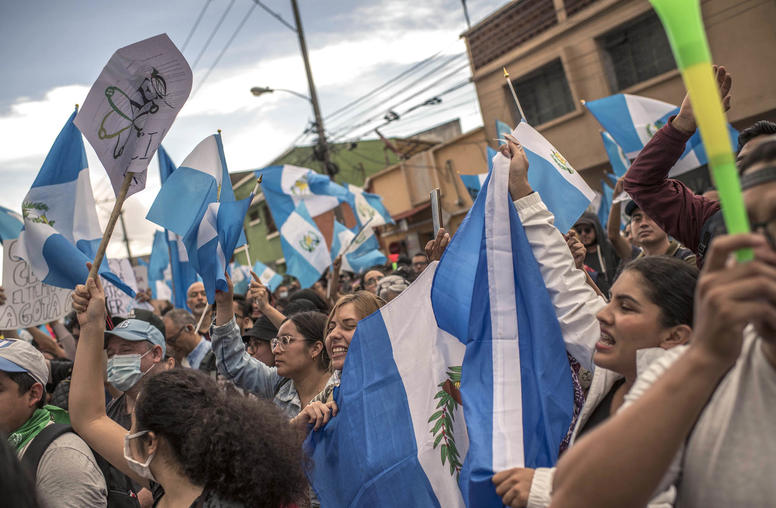
Youth Mobilization Sparks Hope for Guatemala’s Democratic Future
On August 20, Guatemalans voted decisively in favor of Bernardo Arévalo in their runoff presidential election, ushering in what will likely be the country’s most progressive president in decades. In just two months, Arévalo’s Movimiento Semilla party used its low-budget, social media-fueled campaign to propel him from obscure underdog candidate to a 20-point landslide victory.

La movilización juvenil genera esperanza para el futuro democrático de Guatemala
El 20 de agosto, los guatemaltecos votaron decisivamente a favor de Bernardo Arévalo en la segunda vuelta de las elecciones presidenciales, dando paso al que probablemente será el presidente más progresista del país en décadas. En apenas dos meses, el Partido Movimiento Semilla de Arévalo condujo una campaña de bajo presupuesto impulsada, desde las redes sociales, que llevó a un candidato poco conocido a una victoria aplastante de 20 puntos.
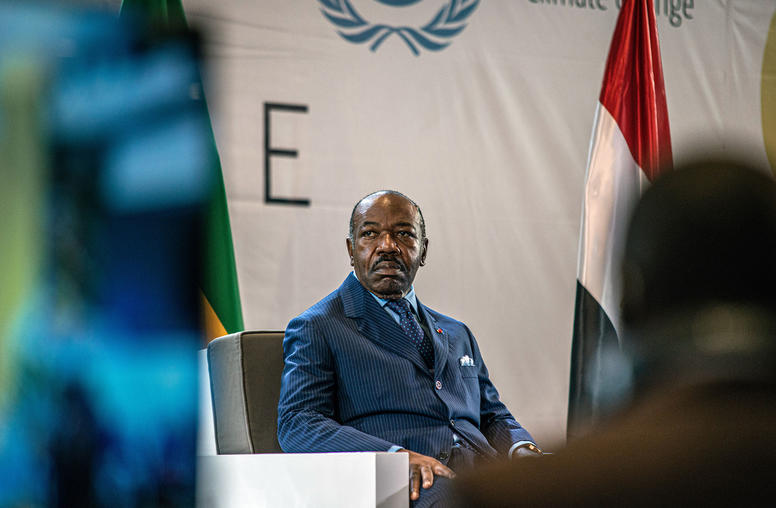
What to Know About Gabon’s Coup
On August 30, just hours after Gabon’s election commission announced that President Ali Bongo Ondimba had been elected to a third term, a group of Gabonese military officers from the elite presidential guard unit seized power and placed the president under arrest at his palace. Later that day, the officers declared General Brice Oligui Nguema as chairman of the transition. While the election itself had been marred by reports of irregularities, the officers’ coup marks the latest in a long line of recent military takeovers across the African continent that have jeopardized regional stability and security.
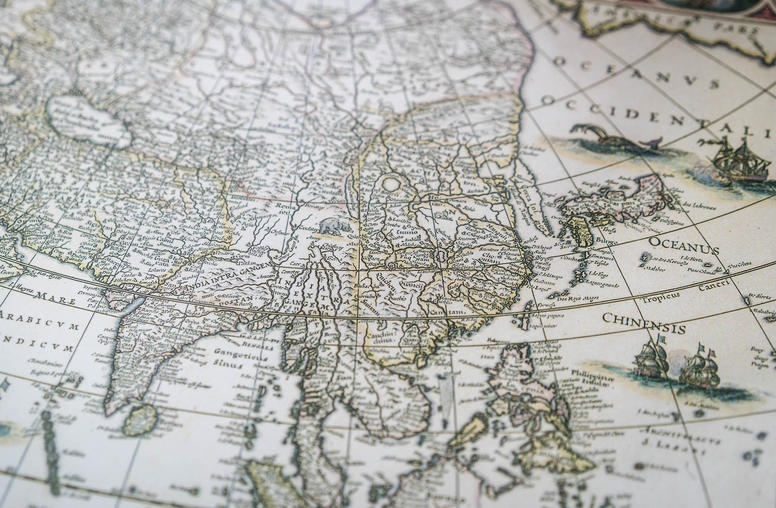
In Southeast Asia, U.S.-China Competition Is More than a Two-Player Game
Great power rivalry between the United States and China is frequently couched in bilateral terms with regions of the world merely serving as arenas of competition. Rarely considered is the reality that while third countries may be significantly weaker than either the United States or China, they are neither totally helpless nor completely without leverage or absent agency. As Southeast Asia is “where great powers meet,” the region’s states have a challenging balancing act to play, but also have options in how they manage the risks and opportunities presented by this competition.
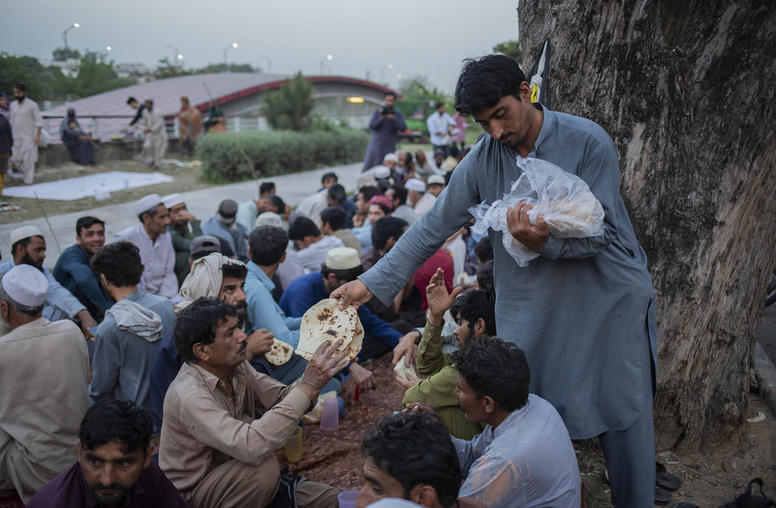
The Promise and Peril of Pakistan’s Economic Recovery Effort
In the first half of 2023, Pakistan appeared to be moving toward a catastrophic economic default. An IMF loan program Pakistan entered into in 2019 had gone off track after the Fund found Islamabad’s commitment to reform lacking, leading to a suspension of loan disbursements. The derailment of the IMF program resulted in a significant drop in the country’s foreign exchange reserves — at one point this year, reserves could only cover about two weeks' worth of imports due to concurrent debt repayment pressure. To avoid defaulting, the government imposed stringent import restrictions in an attempt to control dollar outflows. That caused a major economic shutdown of import-dependent industries, a shortage of essential commodities and surge in inflation.
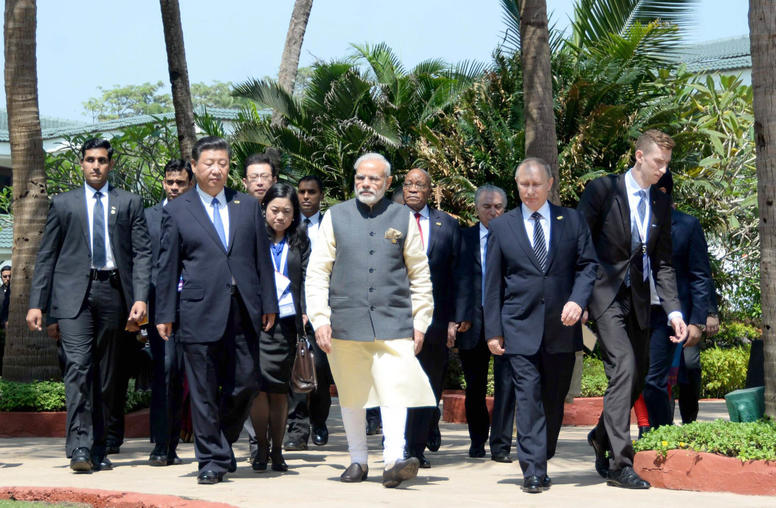
How Does China Approach Conflict Prevention?
As the United States enters a “post-Afghanistan era” and with great power competition on the rise, questions abound about the role of the world’s major powers, and the multilateral institutions they lead, in preventing conflict. Many of these questions are rightly being asked about the People’s Republic of China (hereafter the PRC or China). As it has become a more powerful and influential actor — economically, politically and militarily — China has demonstrated growing interest in playing a larger role in preventing international conflict through both multilateral and bilateral frameworks. To date, little attention has been given to China’s activities in this area, a gap in understanding our forthcoming report is designed to help fill.
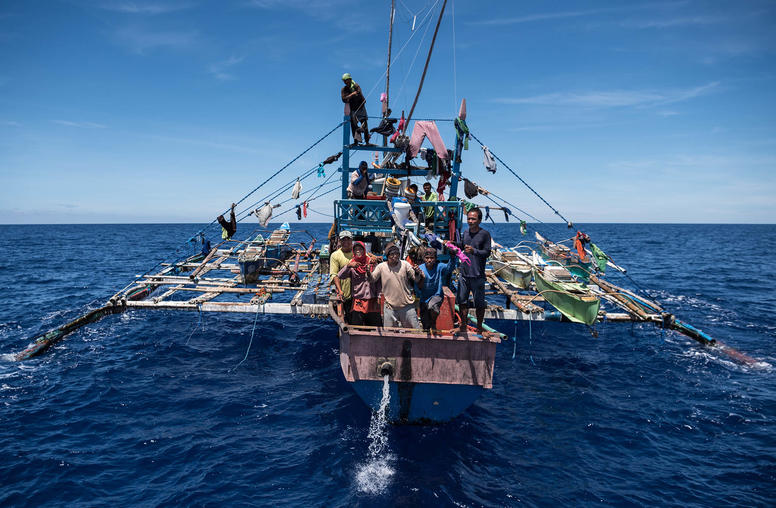
South China Sea: Crisis Communication Is Crucial to De-escalate Geopolitical Tensions
During the August 5 crisis at Second Thomas Shoal, the Philippines Department of Foreign Affairs tried to contact its Chinese counterparts through a bilateral hotline. Manila’s effort to de-escalate the standoff despite being the victim of Chinese aggression was laudable. Unfortunately, the calls went unanswered. Officials in Washington have shared the same experience on many occasions — when communication is needed most, Beijing can’t be reached.
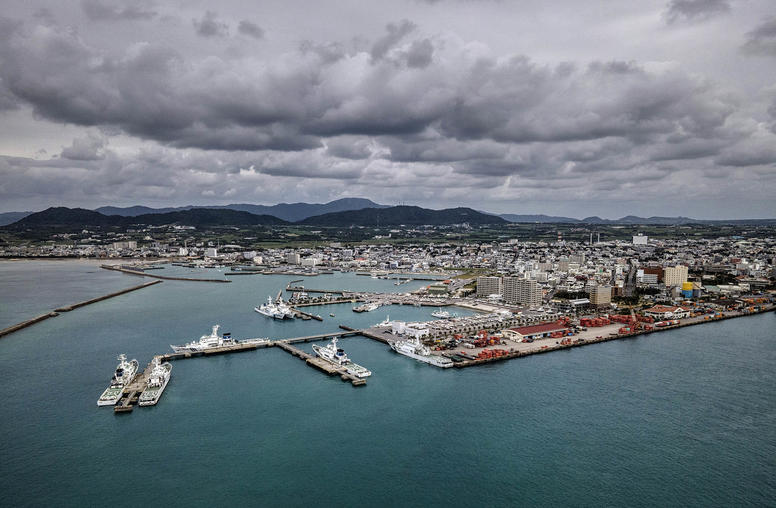
How the Japan-China Hotline Can Help Stop Crisis from Turning into Conflict
For over a decade, confrontation over maritime administration and transit has increased the risk of security incidents between Japan and China. Disputes over territorial incursions, military movements and other activities have maintained consistent friction points between these regional neighbors, begging the question of how the two sides might mitigate tactical-level incidents from becoming strategic-level crises. To that end, on May 16, the two countries’ defense ministers held their first phone call across the newly established “Hotline between Japan-China Defense Authorities.” This culminated a years-long effort to establish a viable line of communication for information exchange and crisis management.
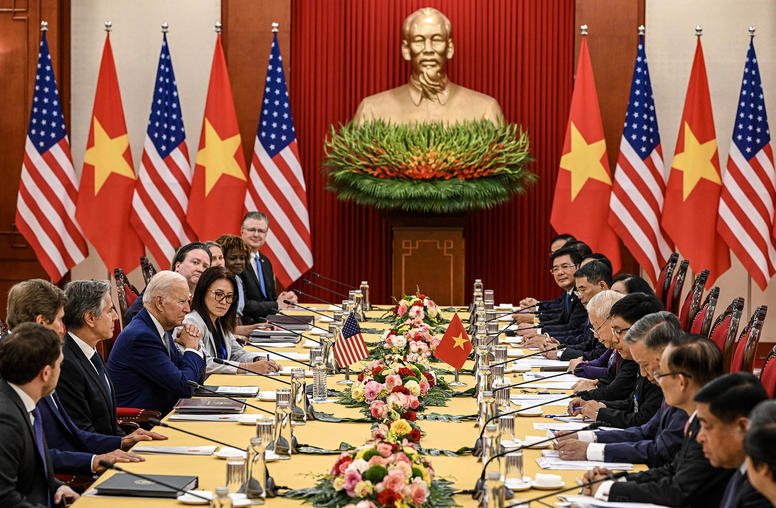
Biden’s Trip to Vietnam Highlights Two-Way Partnership
President Biden’s trip to Hanoi this Sunday signifies the culmination of a 50-year process of rebuilding bilateral relations after the end of the Vietnam War. It is expected that a new “comprehensive strategic partnership”— which is an upgrade from the existing agreement signed in 2013 — will be announced. While many may cast this achievement as a victory for the United States in its burgeoning competition with China, viewing this as a Vietnamese tilt away from China would be mistaken. Instead, the trip represents the evolution of hard-earned trust, cooperation and effective diplomacy — but it does not mean Vietnam is allied with Washington against Beijing.